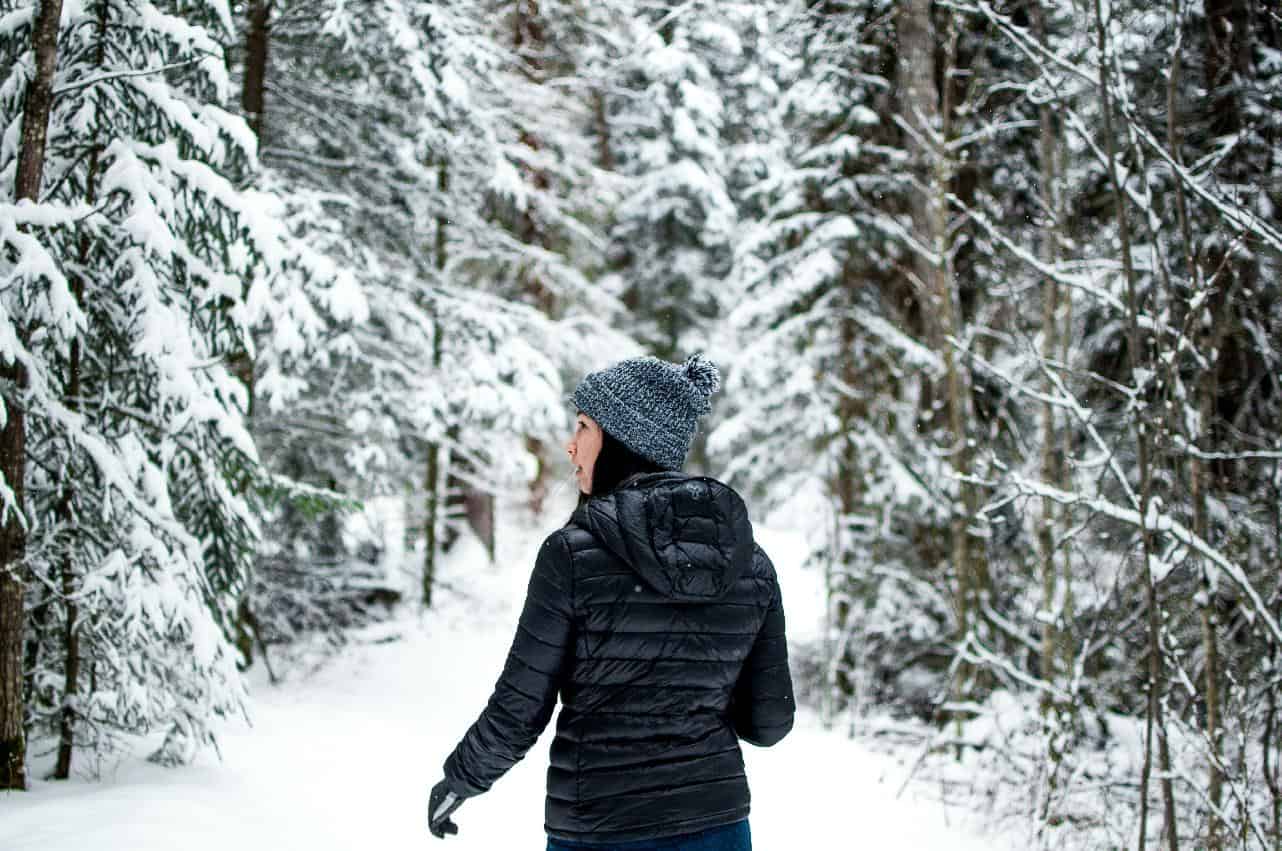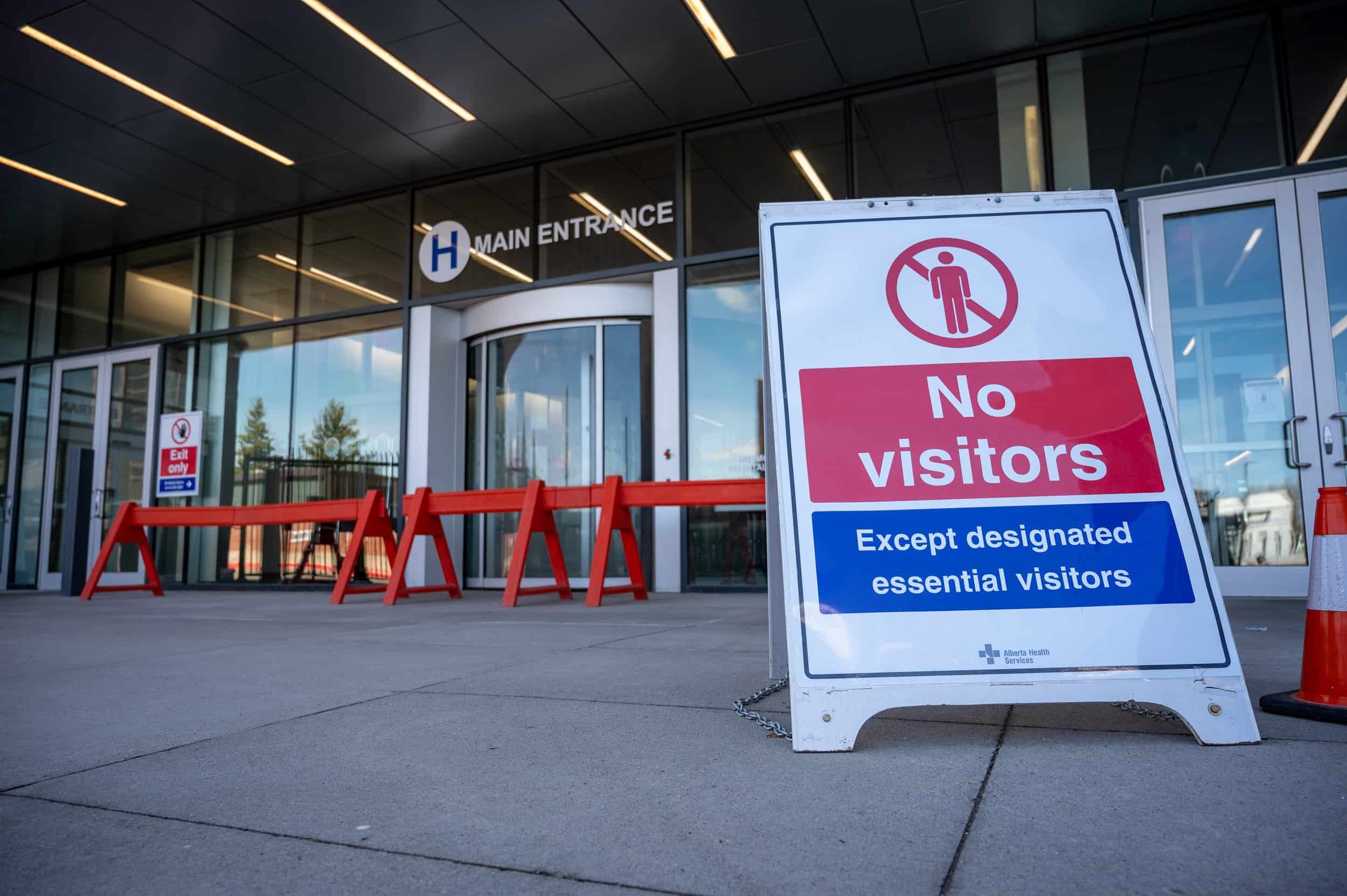With the second wave of cases surging across Canada and numbers climbing around the world, it’s worth considering whether we should travel right now—not just if we can.
As a travel writer and editor, I've been surprised by recent travel articles listing the places Canadians can travel to right now, like Mexico, Jamaica and Cuba. These articles refrain from asking whether it is ethical to travel abroad during a global pandemic, especially to low-income developing countries with health systems that may be unable to cope with a sudden increase in infections.
The last deadly virus I remember being afraid of in Canada was SARS. Globally, there were 8,098 cases and 774 deaths from 2002 to 2003.
As of November 2020, there have been over 60 million cases of COVID-19 worldwide. More than one million people have died.
It feels amiss to be receiving marketing e-newsletters promoting beach holidays in Orlando, Hawaii and Las Vegas right now.
Despite pandemic restrictions across the country, Alberta has announced a new program with a huge incentive to fly somewhere hot this winter. The program allows eligible Albertan residents who fly directly into Calgary with WestJet or Air Canada to quarantine for as few as two days after a trip abroad. With a negative pre-flight test, Canadians can avoid quarantining in Hawaii altogether.
That’s a big decrease from the previous mandatory 14-day quarantine. These measures may encourage more Canadians to travel abroad on holiday.
Unfortunately, a negative test may not mean you don’t have COVID-19. The Washington Post disclosed a shocking report about “a coronavirus outbreak linked through DNA analysis to one passenger on an 18-hour flight from Dubai to New Zealand in September.” Even though the traveller tested negative with a PCR test within 48 hours of the flight, they were contagious—and infected at least four other passengers on board.

Last Wednesday, British Columbia Premier John Horgan said, “People need to stay where they are, and I’m encouraging the prime minister to take this opportunity to work with all of us. I’m confident that he will. Just say broadly to all Canadians: ‘Just stay where you live.’”
The Government of Canada’s Official Global Travel Advisories shows a lengthy warning that begins by stating: “Avoid non-essential travel outside Canada until further notice.”
Amid these warnings, why are airlines still encouraging international travel?
According to the Government of Alberta website, “Safely exploring ways to resume travel is an important step in Alberta’s economic recovery.” I work for a travel magazine—I understand the financial concern. Emerging reports show the potentially staggering economic loss from a major decrease in tourism.
Another reason may be WestJet and Air Canada’s new, free COVID-19 travel insurance. It covers passengers for up to $200,000 if diagnosed with COVID-19 while travelling outside of Canada. However, there is currently no cure for COVID-19. There’s also the possibility of infecting others abroad or at home.

I asked two Albertan residents about their thoughts on international travel during the pandemic.
Ailsa Ross resides in Jasper. She normally travels back to Scotland to see family via a warm destination such as Portugal, but not this year. “I really want to see my family—I love them so much—but I can’t ethically do it. Even though, as far as I’m aware, I don’t have any underlying health conditions, I still don’t want to get Covid. I did have a flight to the UK with WestJet for Christmas time, but I’ll change it to spring. It was going to be a direct flight from Calgary to London, but that flight’s been cancelled—now it has an extra stop in Toronto. That seems really scary right now.
“I have family members who have underlying health conditions, so I’d have to quarantine from them for 14 days. I couldn’t consciously give that to anyone I know—or anyone I don’t know. I’d have to take public transport to the place I quarantine, and I could be affecting key workers or other people. I think if something happened to a family member, or the vaccine gets approval from every government on Earth, that’s when I would travel."
 United Nations
United Nations
Natalie Mayne lives in Grande Prairie. She returned about a month early from a Thailand trip on February 12, 2020. “My husband and I made the choice to come home early,” she said. “At that time, no one else we talked to was concerned at all. My father-in-law was voicing his concern, and we thought, ‘what kind of grief are we causing our loved ones back home if we get stuck over here?’ We got our temperatures checked in Singapore and everyone was wearing masks. They were taking it seriously. Once we got home, we started hearing stories about people spending thousands of dollars to get home. We were glad and relieved we were home.
“I don’t think we’re particularly concerned that we would get ill... but what if we did? What are the cost expenditures and added stress? Travelling, as much as I love it, is still stressful. How willing am I to sit in a mask for eight hours? It’s that added height of anxiety. Is that something you really want to do right now, after being kind of ‘locked up’ for a specific reason for two or three months? We weren’t feeling it should be high on our priority list earlier on.
“Having said that, the last two winters we were gone in November to Phoenix, Arizona. This November has been an adjustment. We know about five couples who are taking part in the new testing program and some people who own properties down in the States. If we owned a home [in the USA], for us, the decision would be a bit different.”
I grew up in Grande Prairie. Looking forward to a warm winter getaway was one of the main things that got me through the cold, dark, bleak days of winter. When the temperature dropped to -40 C, I booked flights to Mexico, the Dominican Republic or Cuba.
Now I live in Vancouver. I haven’t left BC in nine months and I don’t intend to leave Canada on holiday until there’s a widely distributed vaccine or the current travel advisory changes.

I think the CDC says it best: “Travel increases your chance of getting and spreading COVID-19. Staying home is the best way to protect yourself and others from COVID-19.
You can get COVID-19 during your travels. You may feel well and not have any symptoms, but you can still spread COVID-19 to others. You and your travel companions (including children) may spread COVID-19 to other people including your family, friends, and community for 14 days after you were exposed to the virus.”
The ethics of travelling abroad is a convoluted issue that isn’t entirely new—people have often questioned whether tourism dollars and an influx of travellers truly help or hurt destinations, especially when considering the environmental impacts of international travel.
“I definitely feel for all these places that rely on tourism,” said Ross. “At the same time, I’ve been thinking for a long time about my carbon emissions based on my travelling lifestyle, and there’s also that to juxtapose.” She referred to The Guardian columnist George Monbiot who called travellers out, saying, “This means the end of distant foreign holidays . . . unless you believe that these activities are worth the sacrifice of the biosphere and the lives of the poor.”

As a travel writer and editor, I completely understand your itch to roam. Trust me, I do. I haven’t been on a plane since February 2020, which is likely the longest I’ve gone without flying since 2003. I’m also tired of hearing about COVID-19. I’ve been receiving press releases about faraway places to travel to—like Barbados, Belize and Tahiti—and I would love to jump on a plane and work remotely on a beach with a fruity cocktail in hand for a few months. But I know travel won’t allow me to escape the global pandemic. In fact, it could contribute to it. With all the information available about coronavirus, I don’t think leaving Canada is the responsible thing to do right now.
What do you think? Will you be travelling abroad in 2020?
Join the discussion on our Facebook page.


